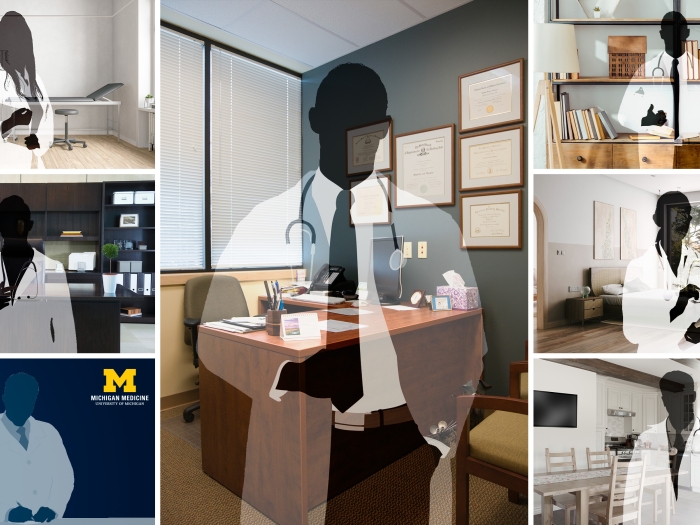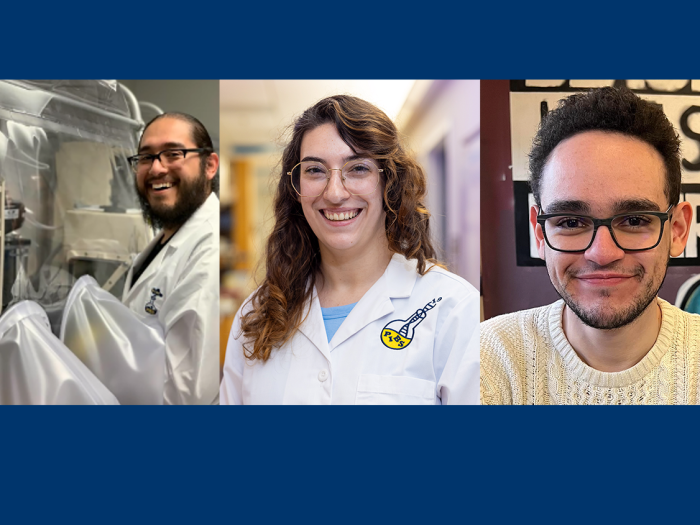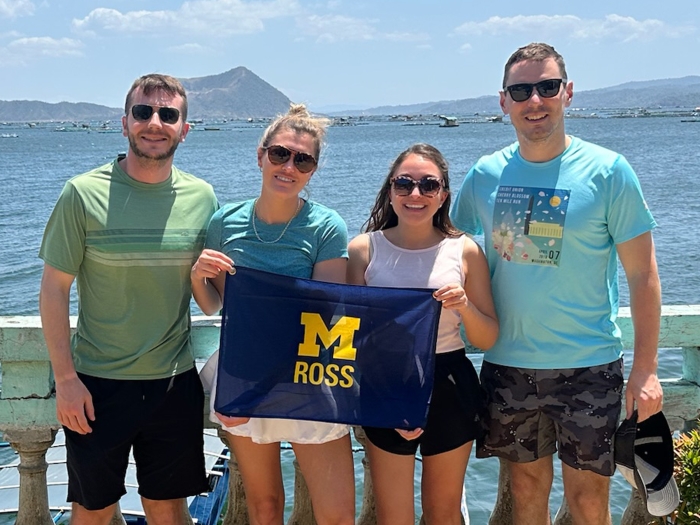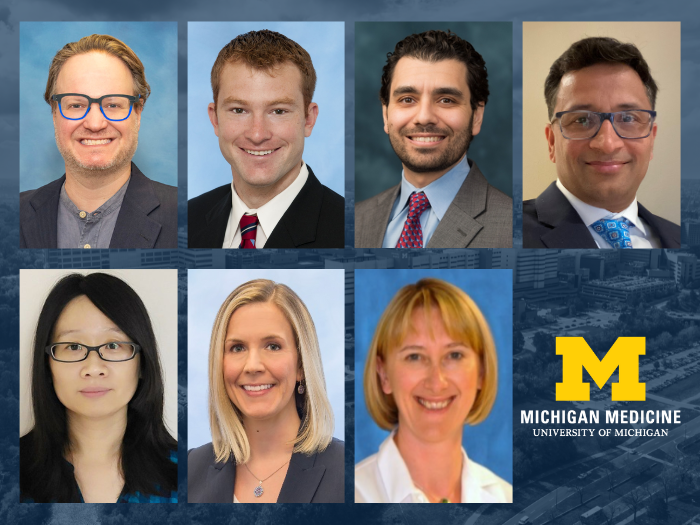Data highlighted by U-M leadership and an acclaimed keynote speaker demonstrate that Michigan Medicine is on the right side of history when it comes to advancing careers and leadership opportunities for women
Author |
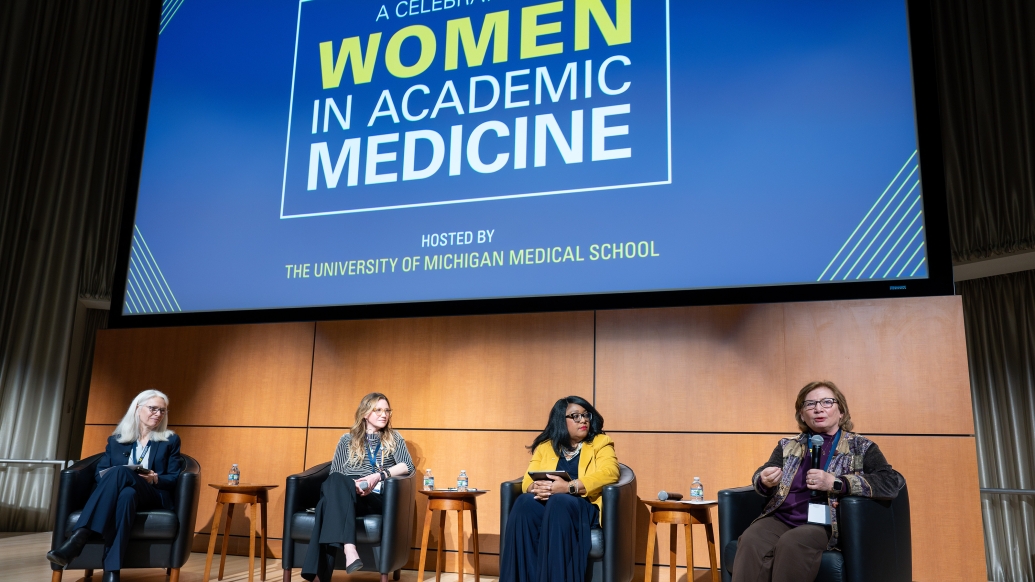
Although the second annual Celebration of Women in Academic Medicine was held on Feb. 28 (usually the last day of the month, except in a Leap Year), it served as a timely transition to Women’s History Month in March. After all, data highlighted by U-M leadership and an acclaimed keynote speaker demonstrate that Michigan Medicine is on the right side of history when it comes to advancing careers and leadership opportunities for women.
Debra F. Weinstein, M.D., executive vice dean for academic affairs and chief academic officer for Michigan Medicine, said from the stage at the D. Dan and Betty Kahn Auditorium that Michigan has made notable progress in representation of women on the faculty, among the learner population, and in leadership roles within Michigan Medicine.
“A few years ago, we crossed a landmark threshold where women represent the majority of incoming medical students nationally and at U-M,” she said. She further noted that women represent 48% of the Medical School faculty — with a majority, 55%, on the clinical track — 30% percent of department chairs are women; and 56% of dean positions in the organization are held by women. “That's impressive — but disparities still exist in academic rank, distribution of endowed chairs, and in satisfaction/burnout/engagement.”
To address these disparities, the U-M actively supports leadership training and individual coaching; has formed oversight committees that influence policy and resources; and is conducting ongoing data collection and analysis to document disparities and to track the impact of interventions.
The keynote speaker, Alison J. Whelan, M.D., chief academic officer for the Association of American Medical Colleges (AAMC), provided a global view of the state of women in academic medicine. According to the AAMC data: 44% of faculty are women; 23% are department chairs; 45% are senior associate deans; and 27% are deans. Michigan is beating the national metrics in most categories, she noted.
“I really encourage you to look at the numbers that (Dr. Weinstein) gave you, and see the great progress that Michigan has made,” Whelan said. “Michigan stacks up really well here, and I can guarantee it is not by accident. It is the hard work that has been going on.”
Whelan said those who want to make a difference in advancing women in academic medicine need to focus on recruitment, retention, advancement and leadership, and to establish a culture that allows for thriving. “There is a lot of work going on nationally, and it IS making a difference,” she said. “We need to keep making a difference.”
Whelan offered organizational steps to address systematic issues: track your data, create mentorship/sponsoring programs or networks, start dialogue groups with men and leaders about biases and microaggressions to reassess cultural idea of “merit,” and conduct regular audits and de-bias your programs. For individuals, she encouraged those in attendance, and tuned into the livestream, to ask, “Who are you in this moment? And who CAN you be?”
A panel discussion featuring three Michigan Medicine leaders yielded sage advice for women in academic medicine.
Sally A. Camper, Ph.D., the Margery Shaw Distinguished University Professor of Human Genetics and a professor of internal medicine: “There is always too much to do. Pick just one or two things that are meaningful that you really care about — that you want to become your legacy — and then make sure you spend time on those things so that you are not in the weeds, with all of the noise, and overwhelmed and not getting the most important stuff done.”
Louito C. Edje, M.D., MHPE, FAAFP, senior associate dean of medical education and a professor of family medicine: “My mother, who is amazing, has always said, never let fear be a counselor, and I stand by that. My good advice would be to always be an active learner; don’t be embarrassed by your gaps; seek them, fill them; have a growth mindset; and always adapt your expertise.”
Elizabeth M. Harry, M.D., Michigan Medicine chief well-being officer: “In academics, it can be very easy to look at the phenotype, or the box, or the checklist for the promotion and be like, what do I have to do, rather than what do I love, and what do I find exciting, and how do I want to express myself in the world and make a difference, and make this world a better place. Let me focus on the joy and love of that and see where it takes my career, rather than try to squish into a box that maybe wasn’t meant to fit me after all.”
To conclude, Weinstein presented the Karin Muraszko, M.D., Advancing Women in Academic Medicine Award to Dee E. Fenner, M.D. In her introduction, as well as in a video tribute from colleagues, Fenner was feted for her success as a clinician, teacher, mentor, advocate, role model and leader.
“You know that I am rarely at a loss for words, but this is a little overwhelming,” Fenner said. “(Women in academic medicine) have to be stubborn and we have to fight for equality. We have made great progress, but it is far from over.
“Promoting women in academic medicine — we can’t just check the boxes. It is about believing in the value of diversity. It is about hiring strategies. It is compensation and workplace policies. Most importantly, it is about sponsorship and opportunities. We must promote a culture of acceptance, caring and listening, where diverse perspectives are included in decision-making.”
Marschall S. Runge, M.D., Ph.D., Medical School dean, executive vice president for medical affairs at Michigan, and CEO of Michigan Medicine, acknowledged the role of women in the success of the organization.
“Our women faculty represent a growing proportion, and critically important component, of our faculty, our learners, and our leaders, helping to elevate our culture of teamwork, respect and collaboration,” he said. “Women are integral to all of our accomplishments across our missions, despite a playing field that isn’t yet level.”
Runge read a letter from Michigan Governor Gretchen Whitmer, who recognized Michigan’s role — and that of its women faculty, staff and learners — in improving health throughout the state.
“It is my honor to congratulate all of the women at Michigan Medicine who contribute to advancing health for our state. From delivering care and addressing community needs to developing new diagnostics and training the next generation of caregivers and scientists, the women of Michigan Medicine are making a big impact,” Whitmer wrote.
“We need women in academic medicine to drive innovations, make improvements in health care, and inform public policy. The research you do, focused on preventing and curing disease and improving quality of life, is critical. Your dedication to teaching, training, and inspiring has exponential impact. We are so grateful for your work.”
A recording of the event can be found at: https://www.youtube.com/watch?v=1iLOCLLB9ac.
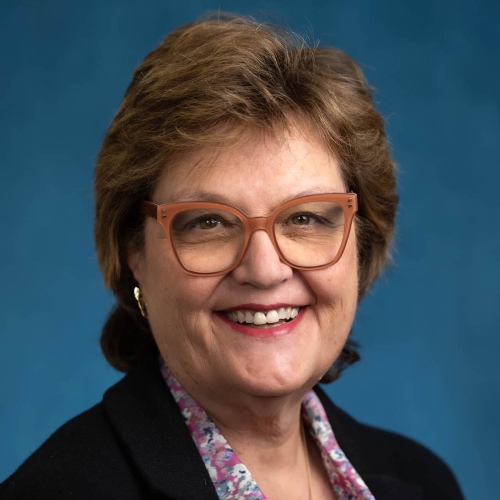
Professor
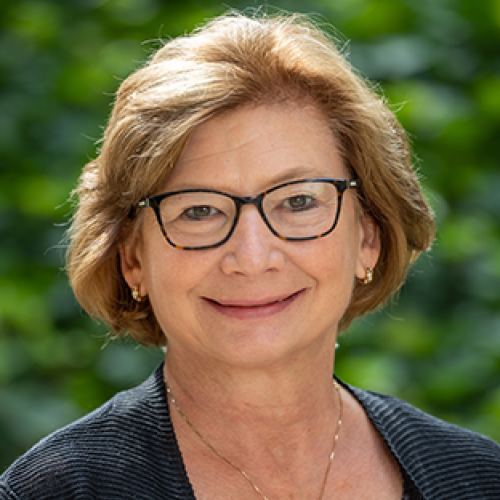
Professor
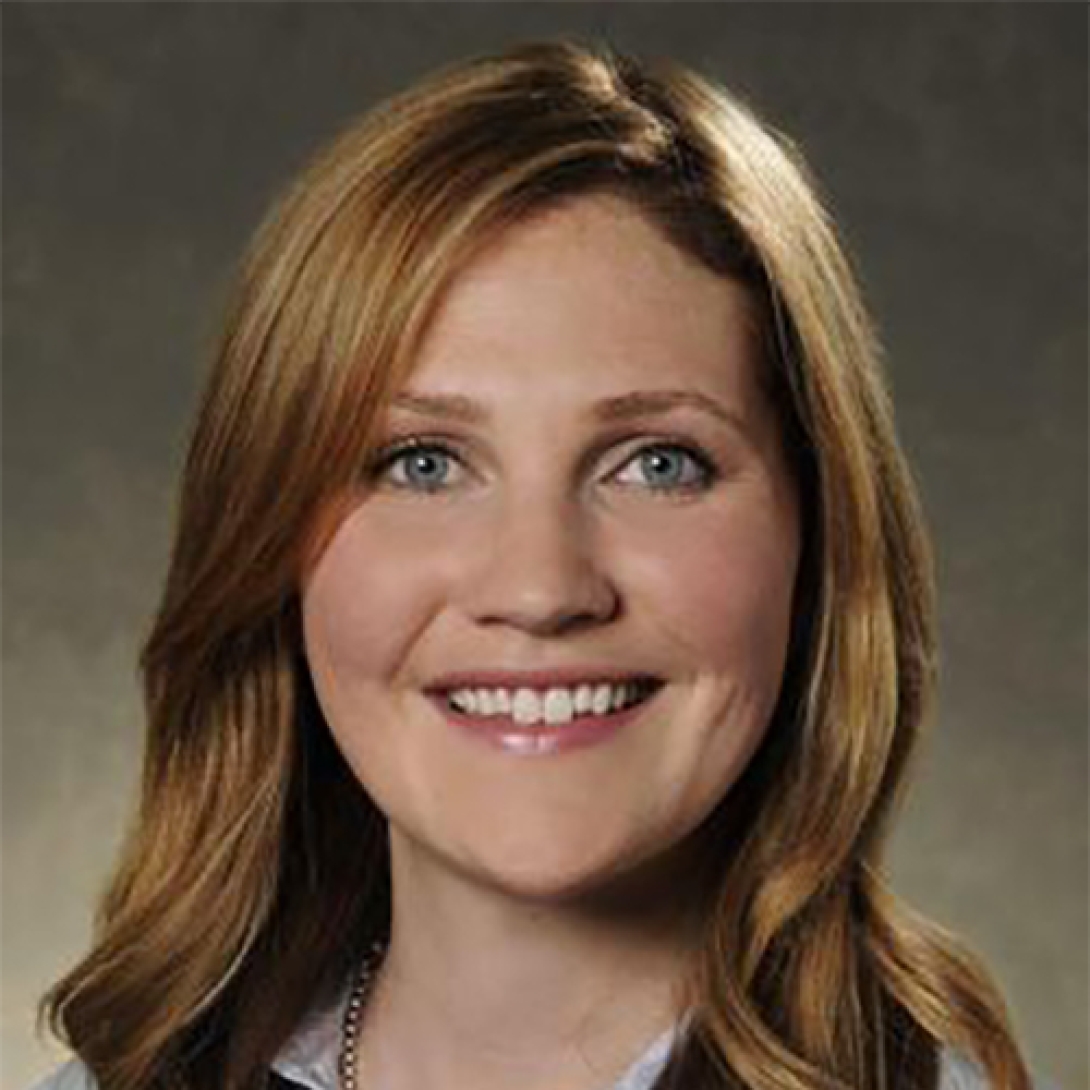
Chief Well-Being Officer
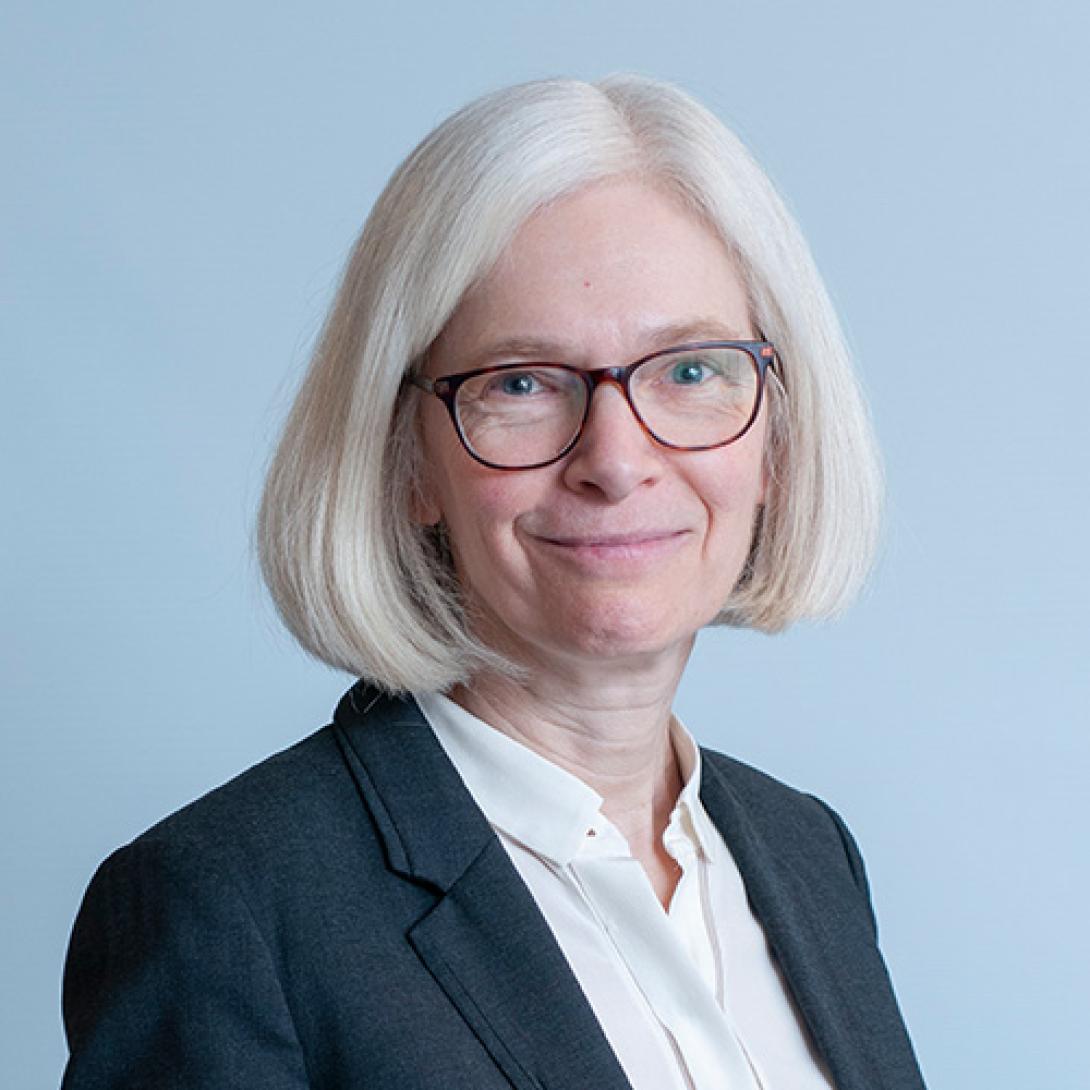
Executive Vice Dean for Academic Affairs, U-M Medical School
Chief Academic Officer, Michigan Medicine
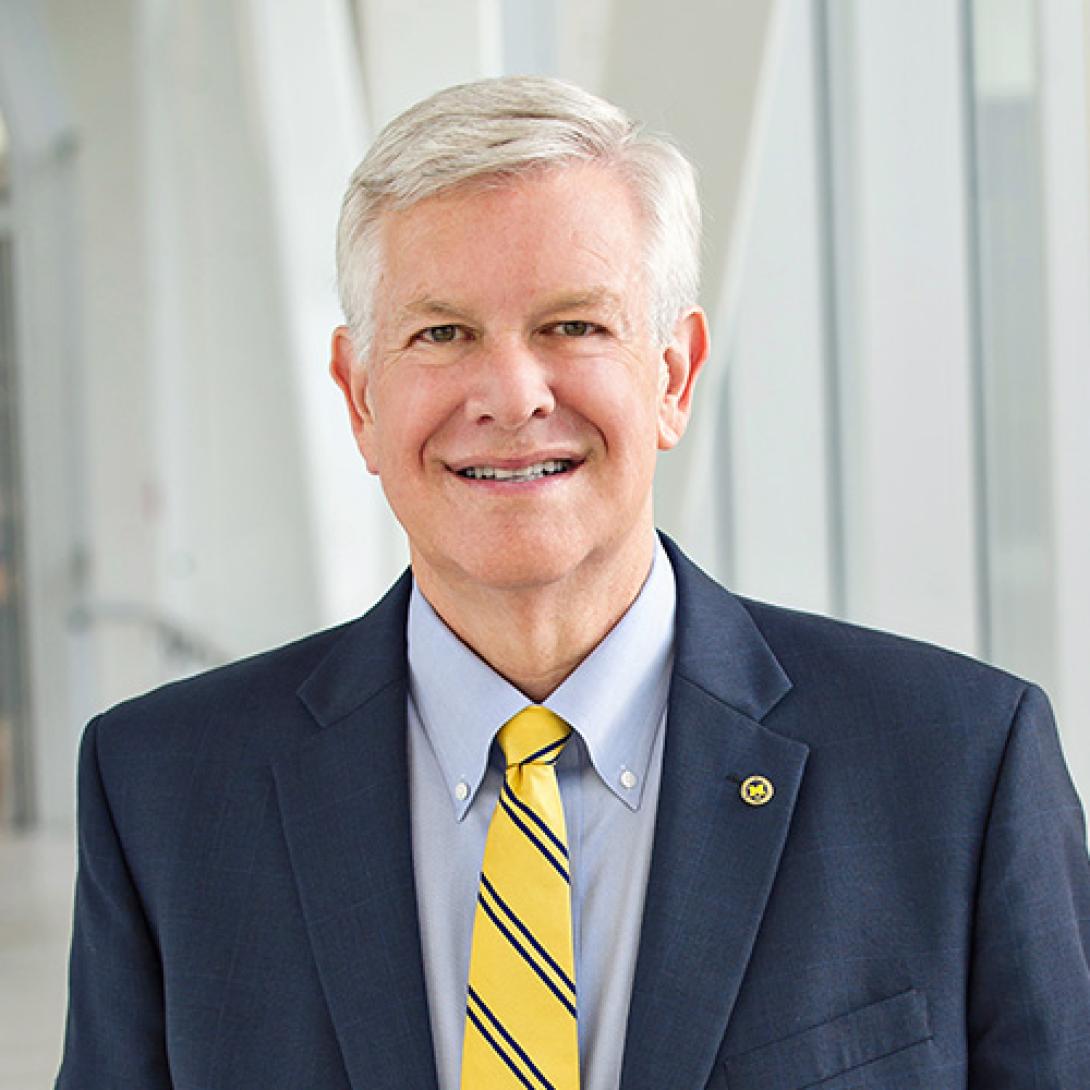
Dean, U-M Medical School
McKay Professor
Executive Vice President, Medical Affairs, University of Michigan
Chief Executive Officer, Michigan Medicine
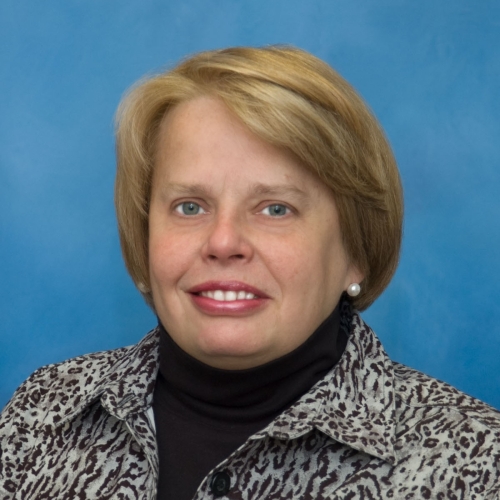
Professor
